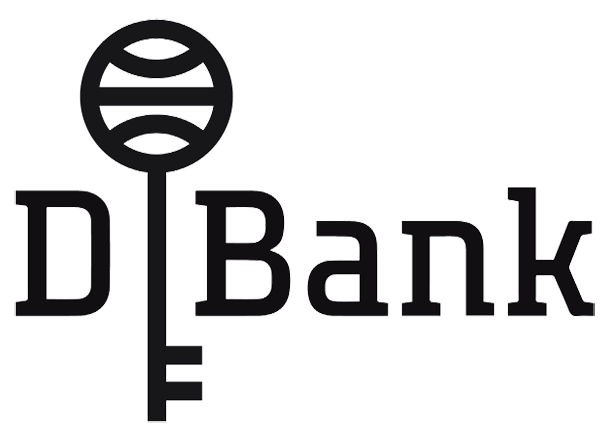
29 Feb Entrepreneur Credit Solutions: The Key to Finance your Business
In the financing world, a favorable credit history is a key that unlocks the doors to loans and a whole host of financing options. Whether someone dreams of starting their own business, purchasing a home, or investing in higher education, creditworthiness is critical in securing the necessary funds. Without good credit, these dreams may remain elusive, and the path to financial independence unfulfilled. And when it comes to securing housing, credit checks have become a common practice for landlords. With a positive credit history, individuals increase their chances of securing a desirable rental agreement.
The stability provides anyone with a place to call home and a solid foundation from which to build their financial future. In the realm of employment, credit
reports have also become a factor in the hiring process for some employers. Responsible financial behavior reflected in a credit report can indicate an individual’s reliability and trustworthiness.
Maintaining good credit can, therefore, positively impact career prospects and open doors to job opportunities that may otherwise remain closed.
For those embarking on the entrepreneurial journey, credit serves as a vital resource. Starting a business often requires initial investments and ongoing operational expenses. Entrepreneurs rely on credit to secure business loans and lines of credit, offering them the financial flexibility needed to fuel growth and expansion.
Good credit becomes the key that unlocks the doors to entrepreneurial success.
By recognizing the significance of credit and embracing
financial organization, individuals can construct a solid
financial future.
They can set goals, make informed decisions, and take proactive steps to ensure a prosperous and secure future. But to achieve financial stability and pave the way for a secure future, it is essential to focus on financial organization.
Budgeting serves as the cornerstone of financial stability by helping individuals understand their income, track expenses, and allocate funds for savings and future goals. By creating a budget, individuals gain a clear picture of their financial situation and can make conscious spending decisions that align with their priorities. This empowers them to avoid falling into debt traps and make the most of their financial resources.
Effectively managing existing debts is another crucial aspect of financial stability. Developing a debt repayment plan, prioritizing high-interest debts, and exploring debt consolidation options can help individuals regain control over their financial obligations. By tackling debts strategically, individuals can not only reduce their overall debt burden but also save money in the long run by minimizing interest payments.
Building a savings habit is vital for creating a financial safety net and reducing reliance on credit during challenging times. Setting aside a portion of income for emergencies and unexpected expenses provides a sense of security and peace of mind. By establishing an emergency fund, individuals can navigate unexpected financial setbacks without resorting to high-interest credit options, helping them stay on track toward their financial goals.




No Comments